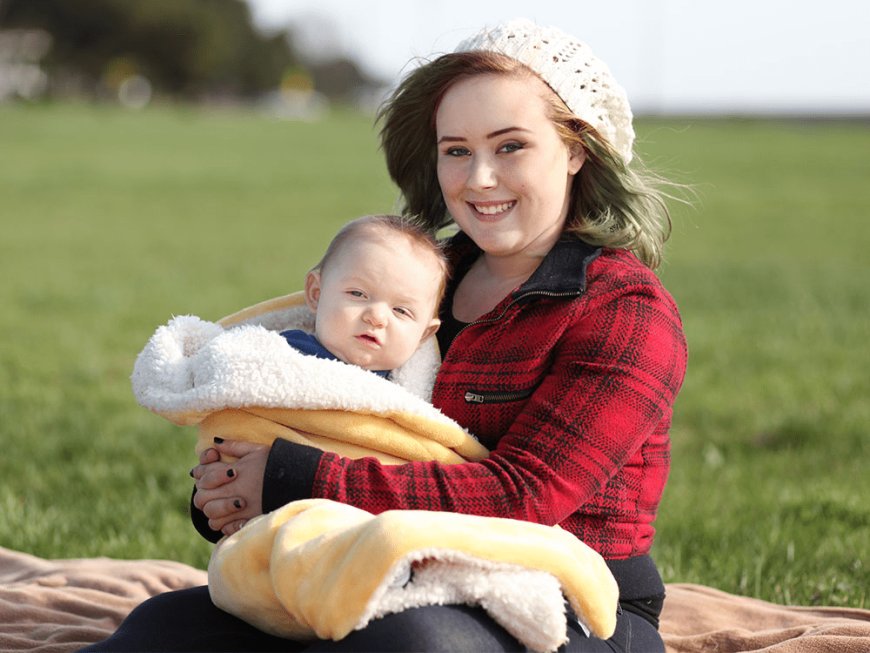How parents can support a teenager
Here are ten tips on how parents can support their teen from the age of 11 to 19 and help him become a happy and productive person.

Here are ten tips on how parents can support their teen from the age of 11 to 19 and help him become a happy and productive person.
- Be accessible and open. Your teen may look like someone who doesn't care what you tell them or think, but believe me, he needs you more than ever. Do your best to always be ready and open to talk to your child in case he or she wants to contact you. The child can start the conversation with a little thing in order to check your openness and move on to something really important. Your openness and availability at the right time can influence your child's choices - a healthy decision based on your advice or a dangerous decision based on your own instant impulse.
- Change your parenting style to suit changing circumstances. Learn to relax and let go of the situation, while providing support to your child when she needs it. Don't try to insure your teen against learning from his or her mistakes.
- Minimize the rules. Set rules only when necessary. Parents often spend a lot of their time defending the rules they set. This is easier to achieve if the rules are really necessary to ensure the safety of your child or for your peace of mind.
- Teach teens to make their own decisions in advance. Adolescents need to learn to make decisions on their own, but it is best if they learn this slowly and gradually, starting in early childhood., alcohol and drugs, hooliganism, and other potentially dangerous problems will not only improve with high intelligence or a well-developed ability to think logically, no matter how persuasive your child may be.
- Prepare for disputes and conflicts. You will be surprised to learn that it is really good that you often quarrel with your teenager, however, as long as love and good humor remain in your relationship. The best long-term results are achieved by children from families where there is a lot of warmth and discussion between generations. A heated discussion is a great way for your teen to learn what you care about and why it is so important to you.
- Address your child's true self. Most teenagers try on masks of different states: angry, depraved, rebellious, cool, religious, athletic, boyish, etc., before becoming the person they have always been, only at a higher level. Do your best to turn not to the mask of another model of self-positioning, but to the person your child was from birth.
- Be aware of cultural and social conflicts. If your family does not fit into the cultural and social environment on the basis of nationality, religion, social status, or for any other reason, acknowledge that your child may experience a conflict between home values ‹‹and peer values. Children whose parents are flexible enough to respect their children's needs to form their own unique configuration of values ‹‹show the best developmental outcomes. You will be pleased to hear that most children eventually return to their parents' values.
- Help your child broaden their horizons. Adolescence is an ideal time for large-scale research, to discover new interests, abilities and hobbies. Your teen will benefit greatly from broadening his or her horizons by learning about new ideas, activities, places, and people.
- Help your child find himself in learning. Sometimes schooling is not a priority for a teenager, and that's okay. Although education is important, and it is important for the child to know what you think, it is even more important for your child to understand who he or she is and feel comfortable with himself or herself. Everything else is based on this. Encourage your teen to find what he or she would really like to learn, and open up as many educational and career opportunities as possible.
- Try to find a balance between alertness and flexibility. Your teen is changing so fast that the best thing you can do is try to keep up with him. Don't even try to predict what will happen next. As long as your child is not responsible for their own lives, you will have to balance between alertness and flexibility.
Must Read: realme has opened doors to its first brand store in Peshawar aiming to launch 100+ across Pakistan
